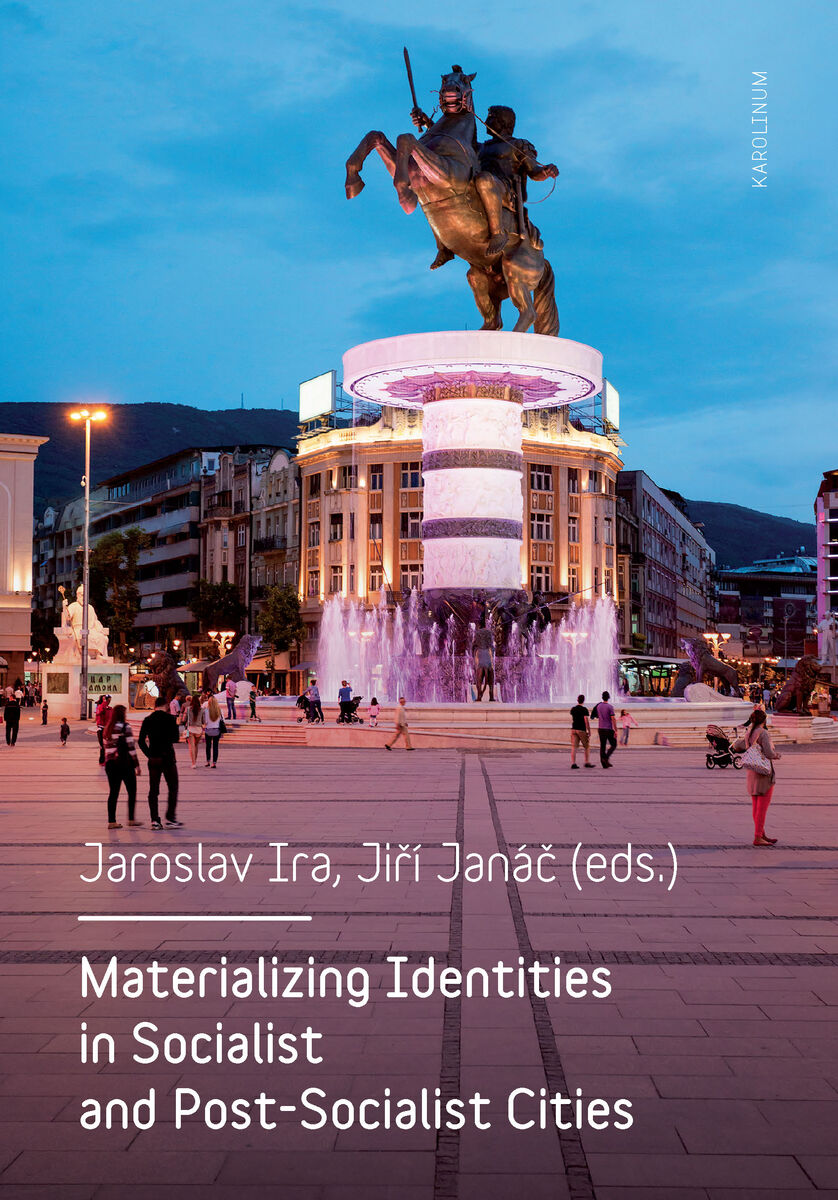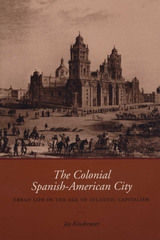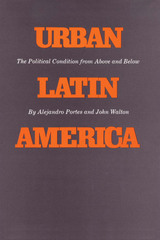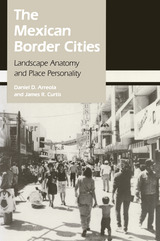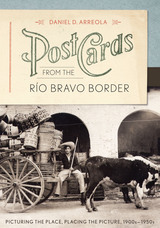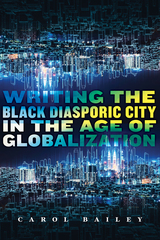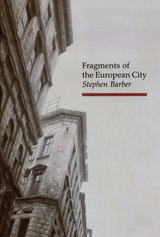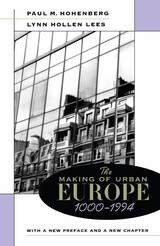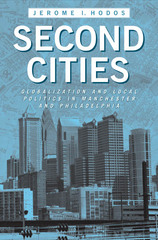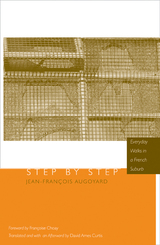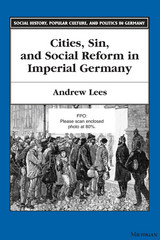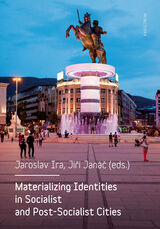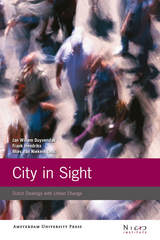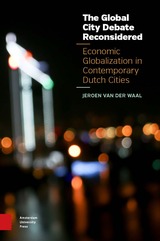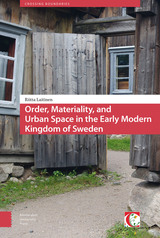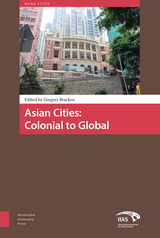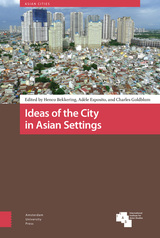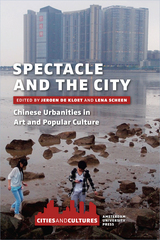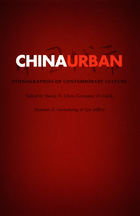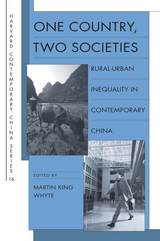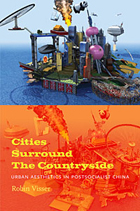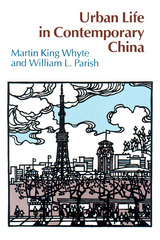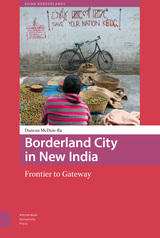Materializing Identities in Socialist and Post-Socialist Cities
Karolinum Press, 2017
eISBN: 978-80-246-3591-0 | Paper: 978-80-246-3590-3
Library of Congress Classification HT145.E852M38 2017
Dewey Decimal Classification 307.760947
eISBN: 978-80-246-3591-0 | Paper: 978-80-246-3590-3
Library of Congress Classification HT145.E852M38 2017
Dewey Decimal Classification 307.760947
ABOUT THIS BOOK | AUTHOR BIOGRAPHY | TOC
ABOUT THIS BOOK
Following the so-called “Material Turn” of historiography, this book explores the materialization of identity in urban space—specifically in Eastern Europe and Central Asia. Urban spaces played an important role in the formation of national identities in post-socialist successor states across the region, while at the same time the articulation of national identities markedly affected the appearance of these post-socialist cities. Beginning with an overview of socialist and post-socialist cities in recent urban history, contributors trace the post-socialist intertwining of space and identities in case studies that include Astana and Almaty in Kazakhstan, Chișinău and Tiraspol in Moldova, and Skopje in Macedonia, while also linking this phenomenon to socialist urbanism, as in postwar Minsk, Belarus.
See other books on: Asia, Central | Cities and towns | Europe, Eastern | Post-communism | Public spaces
See other titles from Karolinum Press
